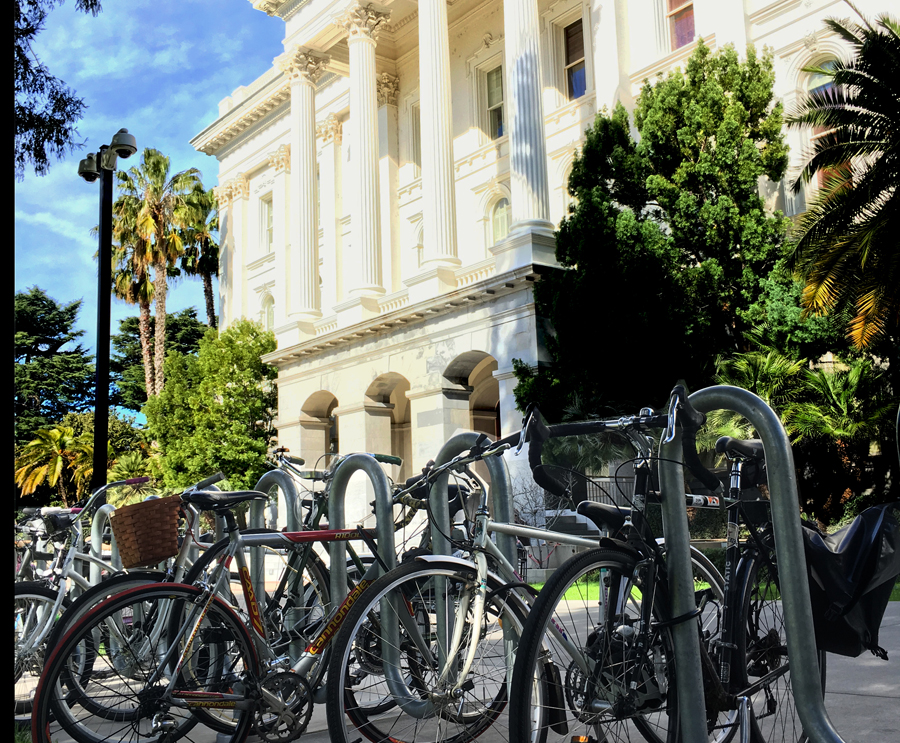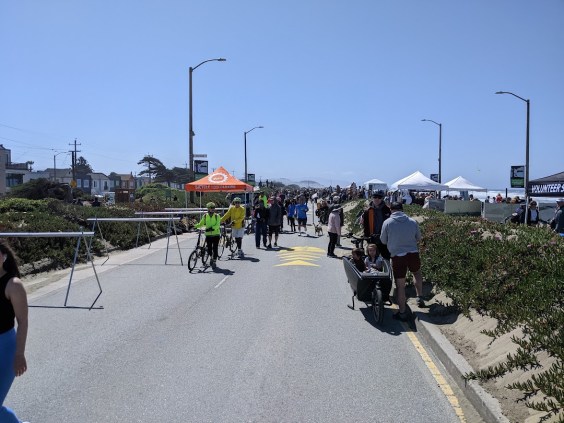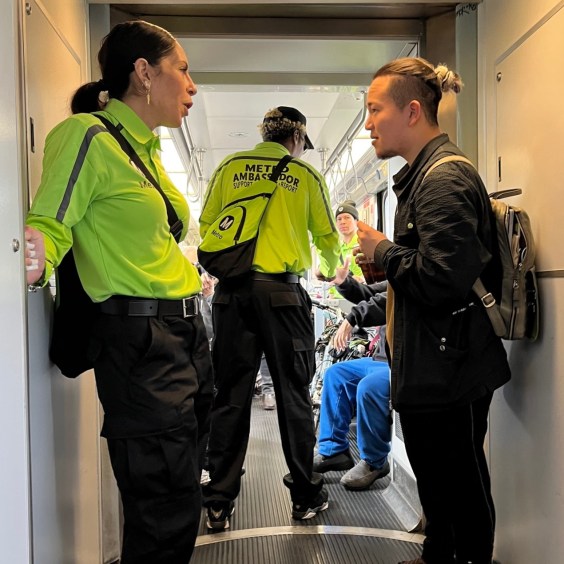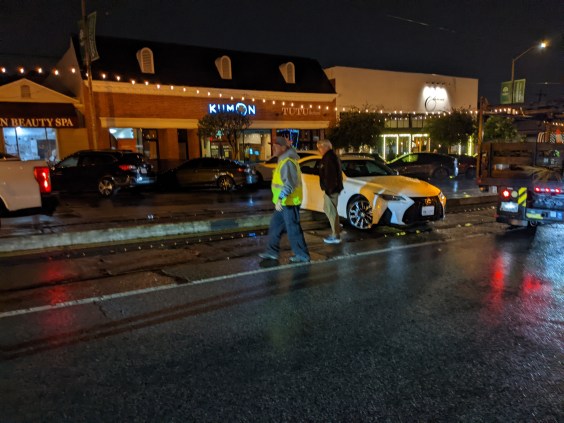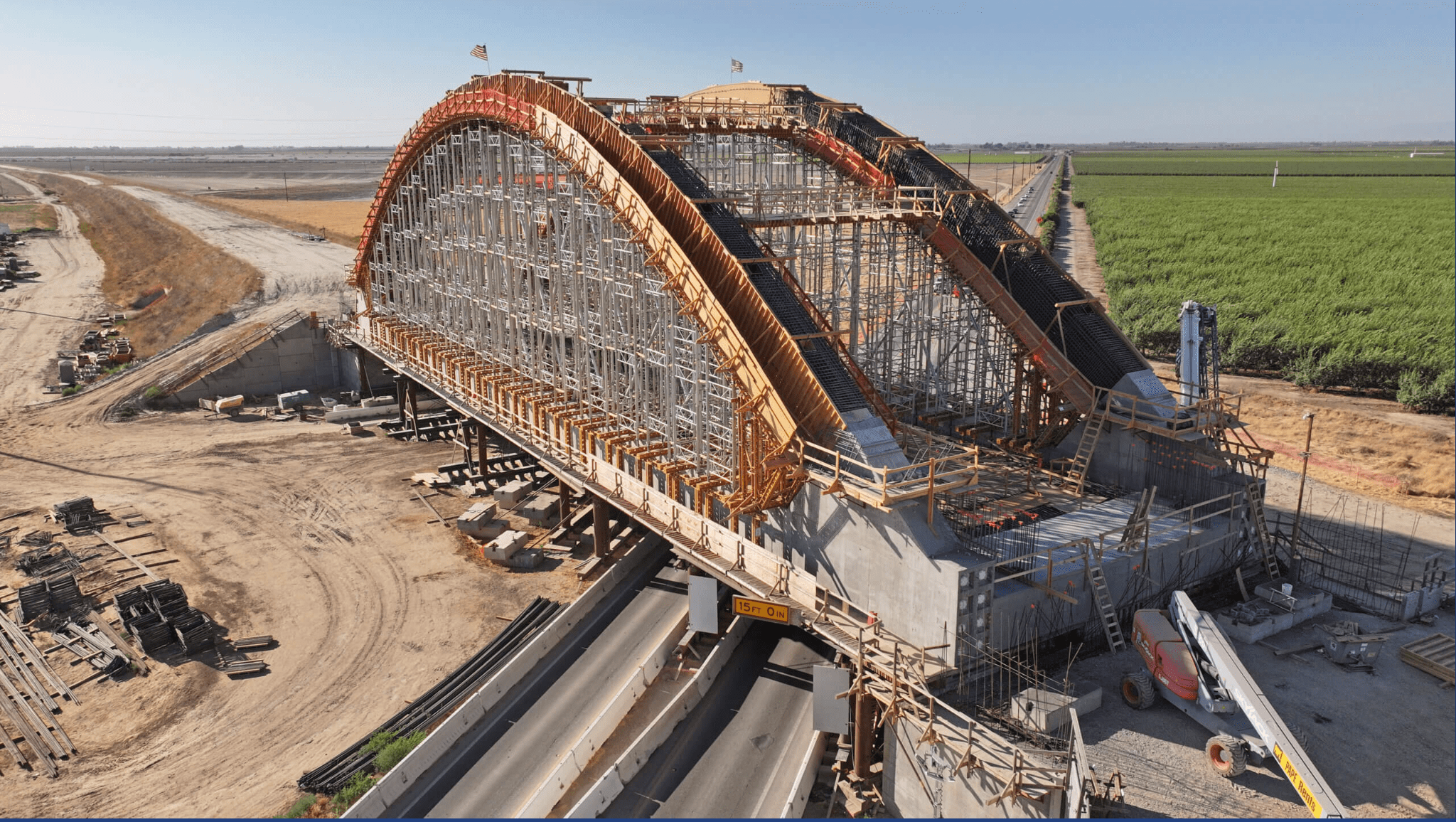A deadline is looming for bills in the California legislature: all bills requiring some kind of fiscal appropriation must be passed by policy committees by this Friday, April 28, or wait for next year.
That means the Assembly Transportation Committee had more than twenty bills on its hearing agenda this week. One of those bills would create a statewide youth transit pass program, and another would require that at least one member of the California Transportation Commission represent low-income communities. Both of those bills passed.
A third one, to create a pilot program to use automated speed enforcement cameras in San Francisco and San Jose, was put off for a year by its author rather than submit it to a committee vote.
YOUTH TRANSIT PASSES
Assemblymember Chris Holden (D-Pasadena) has been trying to get a bill creating a transit pass program through the legislature for a couple of years. Last year, his A.B. 2222 died in the Assembly when no source of funding was found for it. The recent passage of the transportation funding bill changes that calculation, though, making it more likely that funding could be found. A.B. 17, the current incarnation of the idea, would create a program under which a transit agency could apply for state funding to create a low- or no-cost transit pass for low-income youth between 13 and 17.
The benefits of such a program include giving youth much-needed access to schools and jobs. But giving people, especially young people, the opportunity to ride transit can also educate them about the importance of public transit, and encourage life-long transit riders, said Holden.
It would also allow transit agencies to keep current levels of federal transit money, which is based in part on how much they collect in fares compared to how much they spend on operating services.
Joshua Stark of TransForm, testifying for the bill, pointed out another benefit: transit services that are improved or increased because more youth are riding would be available for everyone, further benefiting the entire community.
A.B. 17 passed on an 11-3 vote, and now moves on to the Assembly Appropriations Committee.
TRANSPORTATION COMMISSION REPRESENTATION
A.B. 179, from Assemblymember Sabrina Cervantes, was slightly more controversial. That bill would require that at least one member of the California Transportation Commission (CTC) be someone who works directly with communities most significantly affected by pollution, including communities with racially and ethnically diverse populations or with low-income populations.
Keith Dunn, representing the Self-Help Counties Coalition, argued that it was an unnecessary bill because current California Transportation Commission members are doing a good job, and they are well educated and accessible to the public. He also said that they go through a vigorous public vetting process before they are appointed, although Streetsblog has not found evidence of that.
Michele Hasson, representing the Center for Community Action and Environmental Justice, one of the sponsors of the bill, said that the bill's purpose was not to limit or create barriers for the CTC, but to add a missing voice to the conversation. “It would be one seat on a commission” that is engaged in a collaborative process, she said. “It's about being able to provide more information. We aren't trying to block things, we're trying to heighten our level of collaboration.”
Committee Vice-chair Vincent Fong (R-Bakersfield) questioned the bill's sponsors about their intentions. “Are you concerned that something like this would actually lead to the redirection of highway funds to non-highway purposes?”
“The backbone of our economy is goods movement,” responded Hasson. “We are not saying 'don't build roads,' not at all. We are saying, let's look at the way the roads are built, let's see how those roads can not only benefit the economy but also benefit those communities that are literally at the sidelines of those roads.”
We need those investments, she continued, and we need to fix roads. “But it's also about looking beyond just fixing roads; [it's about] ensuring that those roads that are fixed are serving everybody around them.”
“Representation is a right of every Californian,” she said, “and sometimes we need a little bit more guidance in terms of who's missing from the table.”
In addition, requiring knowledgeable representation doesn't just add the perspective of a specific group of people to a conversation. “Environmental justice isn't just about one community,” she said. “It's about a holistic approach to air quality, environmental burdens, and social and environmental equity decisions.”
Assemblymember Devon Mathis (R-Visalia) questioned whether the sponsors were in support of another, similar bill that had been discussed earlier in the hearing. That bill, A.B. 174 from Assemblymember Frank Bigelow (R-O'Neal), would require one member of the CTC to be a resident of a rural county with a population of less than 100,000.
“Because I didn't see the same level of support pouring in” for that bill, said Mathis, referring to the line of people who had spoken in favor of A.B. 179.
The answer, from Cervantes and the bill sponsors, was yes.
Committee chair Frazier, who serves as an ex-officio member of the CTC, said that environmental justice concerns were already “represented very well” by current members of the commission.
Both A.B. 179 and A.B. 174 passed and now move on to the Appropriations Committee. The votes were not the same: Bigelow's bill, for rural representation, was supported by all of the Republicans on the committee, and passed on an 11-2 vote. Cervantes' bill, for environmental justice representation, passed with a 9-5 vote, and was opposed by all the Republican members, including Fong, Harper, and Mathis.
Chairman Frazier voted against both bills.
SPEED ENFORCEMENT CAMERAS PILOT PROGRAM
This bill, A.B. 342, from David Chiu (D-San Francisco), was put on hold by the author because he wanted to make sure he had support from all interested parties, and the labor groups representing police officers made it clear they oppose it.
But it's not exactly clear why. Tom McGuire, CHP officer and representing the California Association of Highway Patrolmen, set out to debunk the statistics used by advocates to argue that speed enforcement cameras are needed. Supporters of the bill had pointed out that as speed goes up, the number and severity of injuries from crashes increases.
McGuire argued that speed is not the “primary factor” in many crashes. His argument seemed beside the point; why would it matter whether speed was the primary factor or a contributing factor? If a driver is speeding, it surely makes other violations like “failure to yield” more likely than if cars are driving at an appropriate pace, and would certainly make any resulting crash much worse than if there were no speeding. His argument felt like hair-splitting, and made it seem like he was throwing objections to see what would stick.
The data advocates have used to argue for the program include many cases where the installation of speed enforcement cameras cut down pedestrian injuries and other crashes, which is what the cities seek. Besides, this bill calls for a five-year pilot program. One of its goals is to produce data that could finally and definitively answer whether speed enforcement cameras reduce injuries and crashes--or not.
The bill's author decided to wait for next year to present the bill again, to give him time to work with opponents. But those negotiations would be more fruitful if opponents would make clear the real reasons for their objections.
